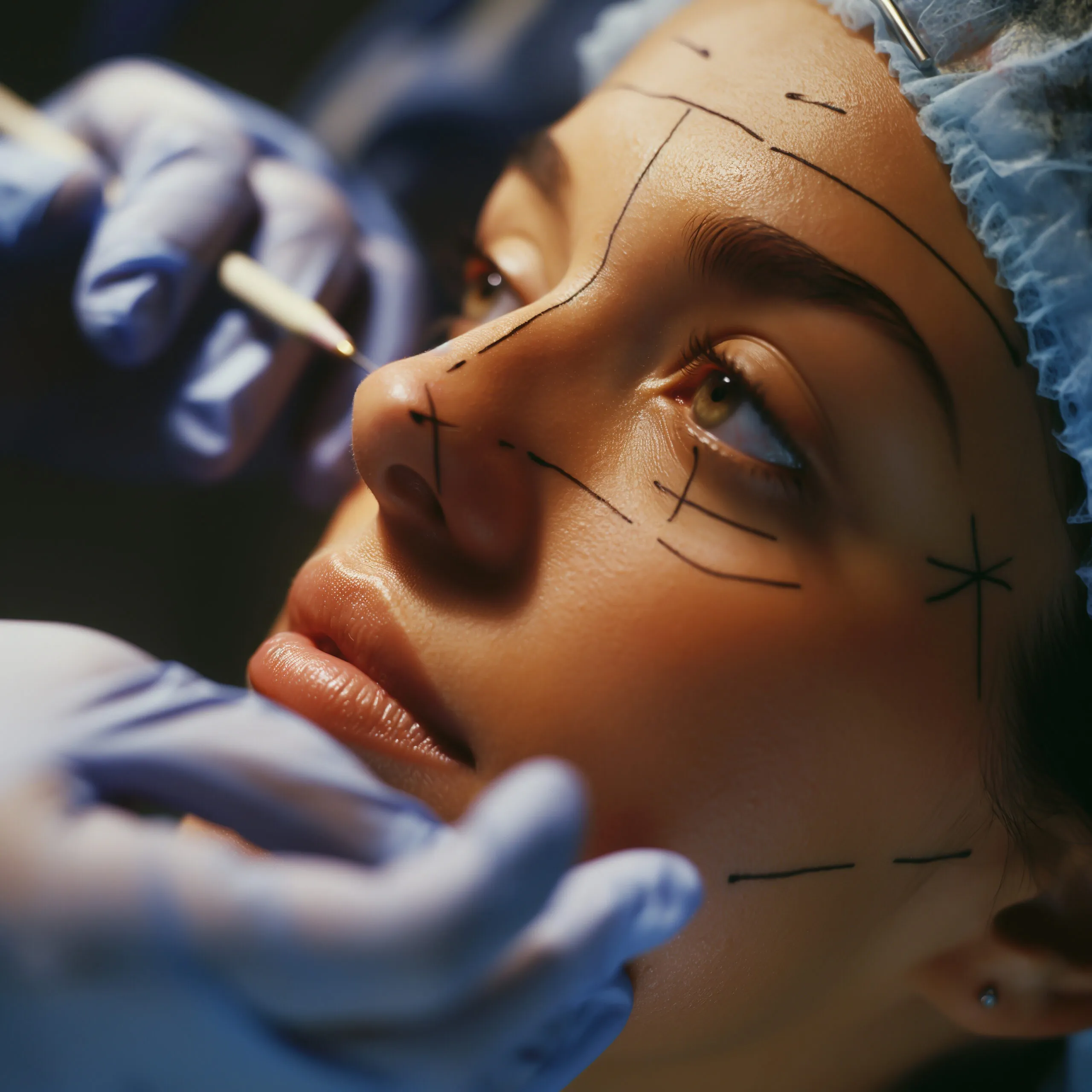

Unlock radiant, youthful skin with a chemical peel, a highly effective and popular skincare treatment. As a result of a combination of acids, chemical peels exfoliate and rejuvenate the skin, addressing various concerns such as acne scars, fine lines, wrinkles, and hyperpigmentation. Medimorph Integrative Aesthetic Medicine is a beacon for those seeking a unique wellness experience.
Chemical peels are one of the most powerful tools in the skincare arsenal. They offer a range of benefits, from rejuvenating the skin to treating specific conditions.
Chemical peels provide several benefits for those seeking to improve their skin’s appearance.
Preparing for and understanding the aftereffects of a chemical peel treatment can significantly enhance your results and overall experience.
Aftercare is essential for the best results and minimizing the side effects of following a chemical peel.
Proper aftercare is vital to achieving the best results from your chemical peel. Whether you’re new to chemical peels or have had multiple treatments, understanding and implementing effective aftercare will help you maintain healthy, glowing skin. Consulting with a professional medical aesthetician will guide you toward the best skin treatment option.
Unlock the potential of chemical peels and reveal your best skin with Medimorph Integrative Aesthetic Medicine. Don’t wait to experience the transformative power of a chemical peel. Contact us today to book your appointment and take the first step towards healthier, glowing skin. Your journey to beautiful skin starts here!